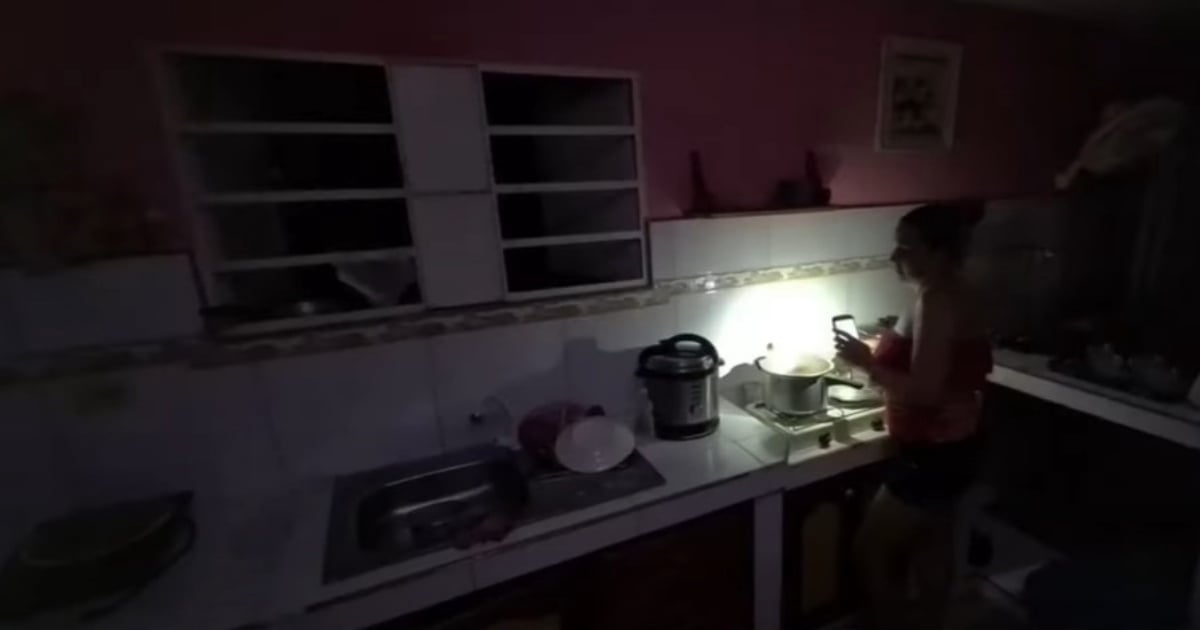Unable to put an end to the relentless blackouts plaguing its citizens, the Cuban regime advised on Monday through social media that after enduring several hours without electricity, people should refrain from connecting all their devices immediately once power is restored to prevent system overloads.
The Provincial Government of the People’s Power in Camagüey issued this recommendation via Facebook, warning that “an overload can damage and trip transformers, potentially causing even longer power outages.” The message suggested residents gradually turn on their appliances based on priority once the much-needed electricity returns, as if this were a magical solution to make better use of the brief moments of light following more than 16 hours of blackout.
Ironically, the post was accompanied by images of what the government considers "high-consumption" devices: an air conditioner and an electric stove. These are essential appliances for Cubans, the former providing relief from the sweltering heat and the latter being crucial for cooking food.
The “recommendation” has faced harsh criticism on social media for its absurdity, considering it asks people not to use their appliances right as the electricity finally comes back on after prolonged outages.
Public Reaction to Government’s Advice
Camagüey-based journalist José Luis Tan Estrada voiced his discontent on Facebook, questioning, “Provincial Government of Camagüey, are you going to replace the milk and food that have spoiled?”
Though it seems unbelievable, this is not the first time the government has issued such recommendations. In 2020, the regime suggested, through the state-run newspaper Granma, freezing water and keeping it outside the refrigerator to save electricity, among other advice that became a source of ridicule on social media.
The official news outlet highlighted the importance of freezing water bottles at night and leaving them out during the day to avoid frequently opening the refrigerator. Previously, the Cuban government had also urged citizens to take "small actions" to conserve electricity.
